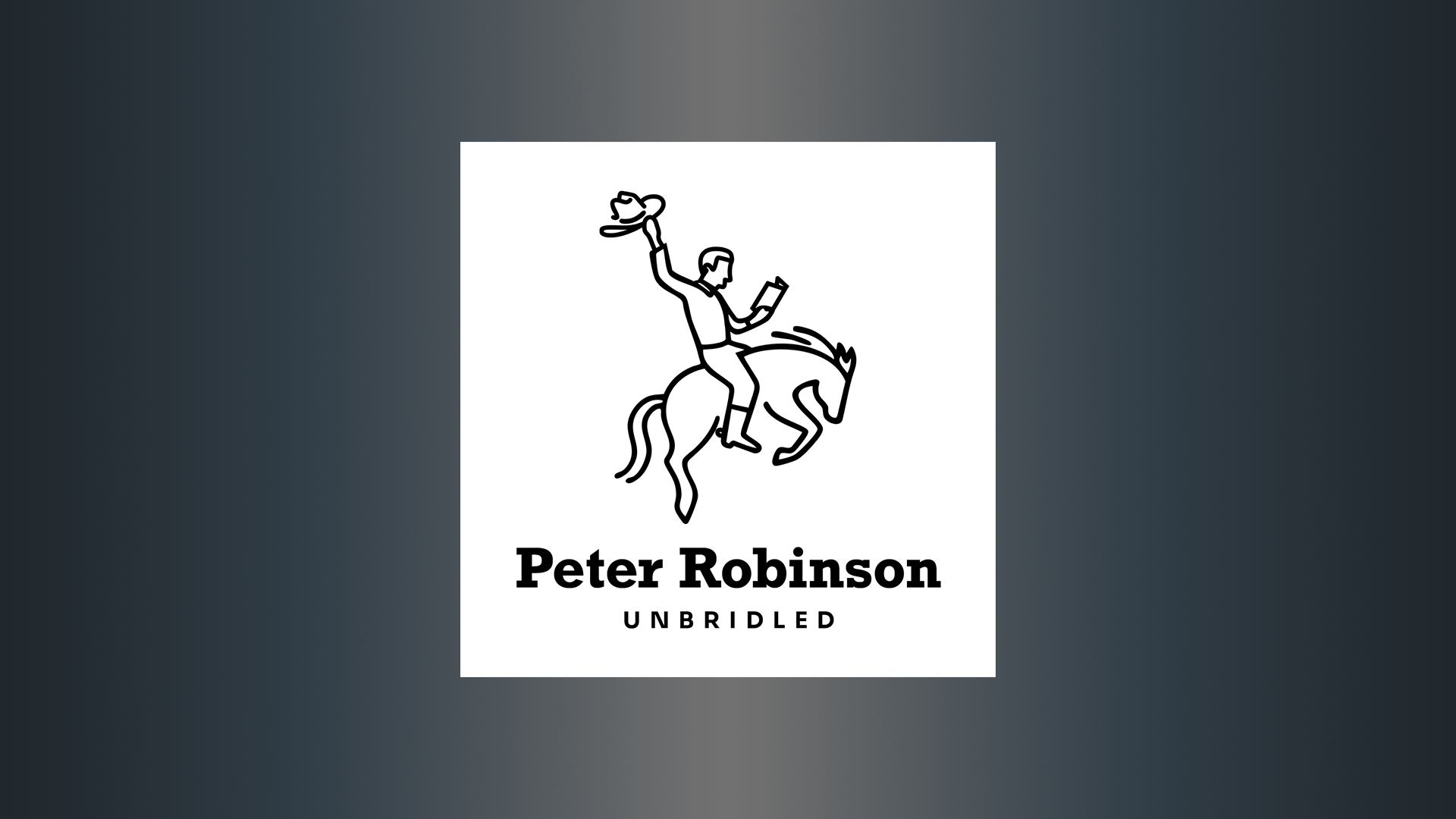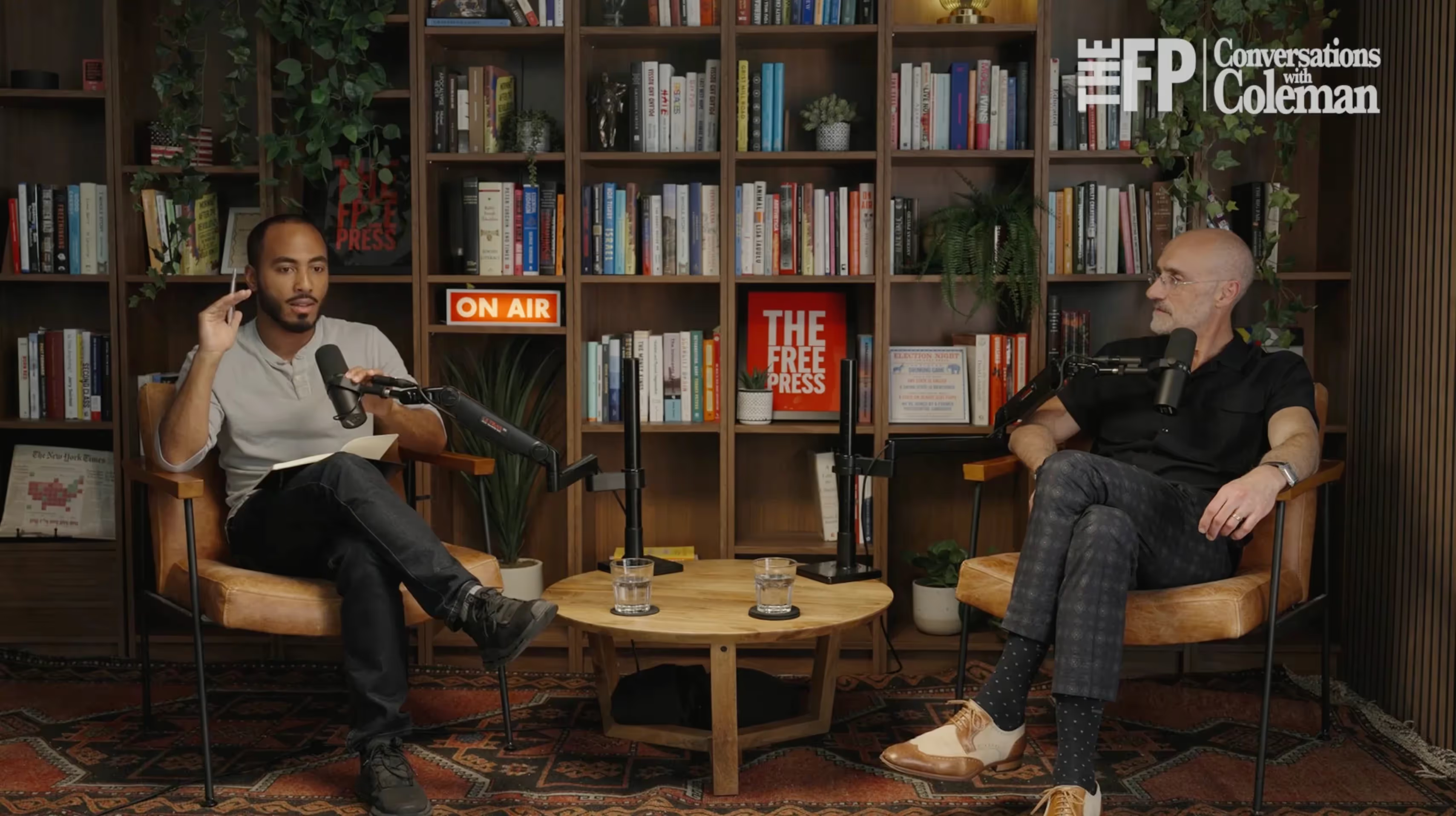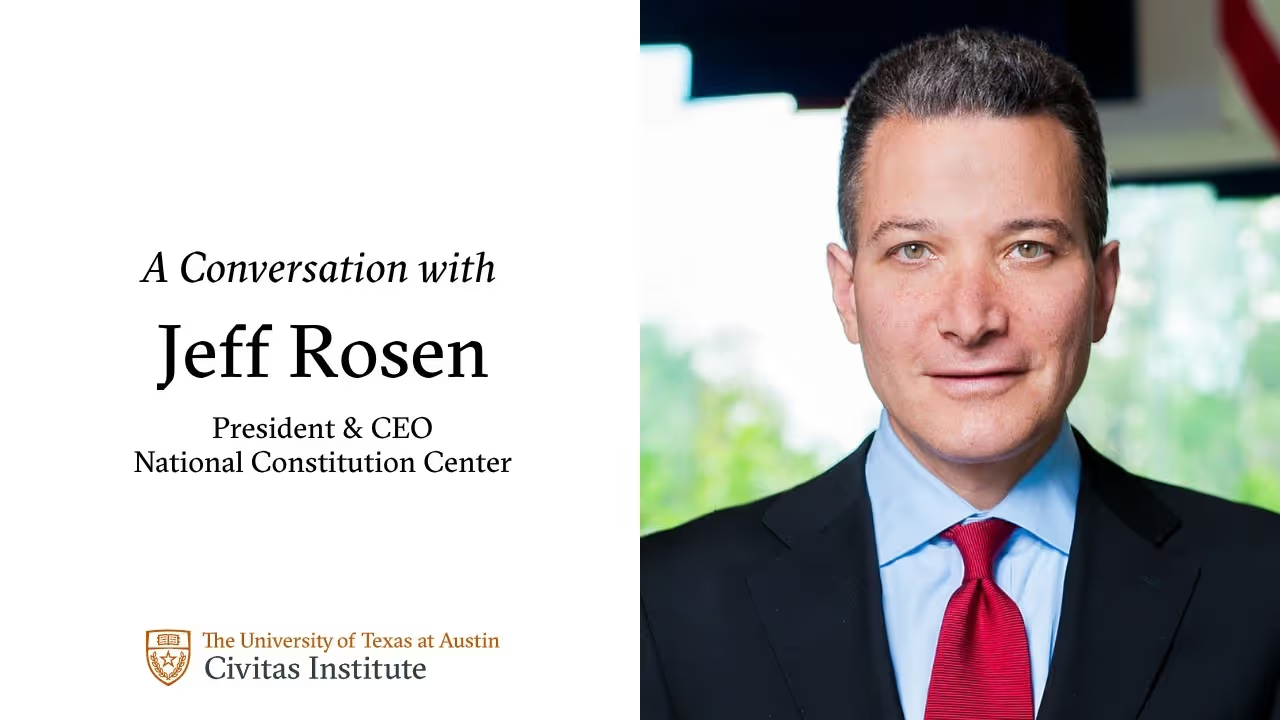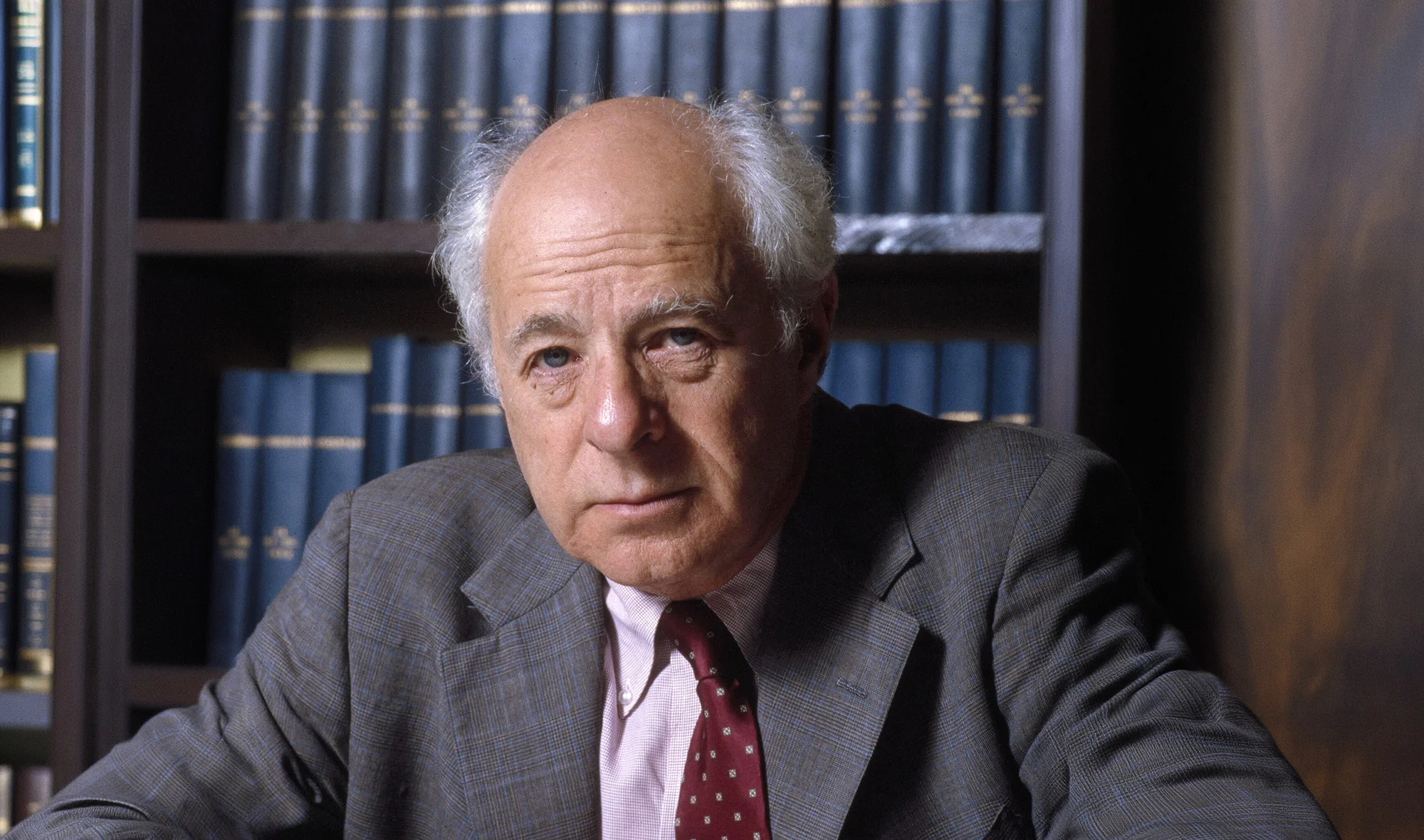
Humanity According to Alasdair MacIntyre
He reminded us that life is mainly about love and friendship, not reason and will.
One of the world’s greatest Catholic philosophers died May 21. Alasdair Chalmers MacIntyre was 96.
Normally classified as a philosopher of ethics, MacIntyre was a fierce critic of modern ethical theory. His writings drew deeply from a wide array of fields, including theology, social science, psychology, history and literature, but he never pursued a doctorate. Born in Glasgow, he received master’s degrees from Manchester and Oxford, later telling a student: “I won’t go so far as to say that you have a deformed mind if you have a Ph.D., but you will have to work extra hard to remain educated.”
In his most famous work, “After Virtue” (1981), MacIntyre contended that moral discourse in the 20th century had become fragmented and largely meaningless, an outcome he believed inevitable given modernity’s rejection of “any view of man as having an essence which defines his true end.” The dominant forms of moral theory, such as Immanuel Kant’s deontology and John Stuart Mill’s utilitarianism, fail, MacIntyre believed, because they treat mankind only as it happens to be, rather than as it ought to be, in light of our human ends. “After Virtue” confronts its reader with the choice of Nietzsche or Aristotle—an embrace of postmodern amoralism or a return to a tradition of the virtues.
Pursuit of Happiness

The Rise of Latino America
In The Rise of Latino America, Hernandez & Kotkin argue that Latinos, who are projected to become America’s largest ethnic group, are a dynamic force shaping the nation’s demographic, economic, and cultural future. Far from being a marginalized group defined by oppression, Latinos are integral to America’s story. They drive economic growth, cultural evolution, and workforce vitality. Challenges, however, including poverty, educational disparities, and restrictive policies, threaten their upward mobility. Policymakers who wish to harness Latino potential to ensure national prosperity and resilience should adopt policies that prioritize affordability, safety, and economic opportunity over ideological constraints.

Richard Epstein on Roman Law and Sociobiology
How and why Roman law worked, how it eventually fell apart, and sociobiology as a way to explain the foundations and limits of legal norms.

In Defense of Israel’s Legitimacy
Pierre Manent reflects on Alain Finkielkraut’s luminosity of soul and his admirable contribution to contemporary intellectual life.

The Original Sin of U.S. Health Care
As long as most Americans receive health insurance as an invisible, employer-managed fringe benefit, health care will remain expensive, opaque, and unresponsive.













.jpg)


